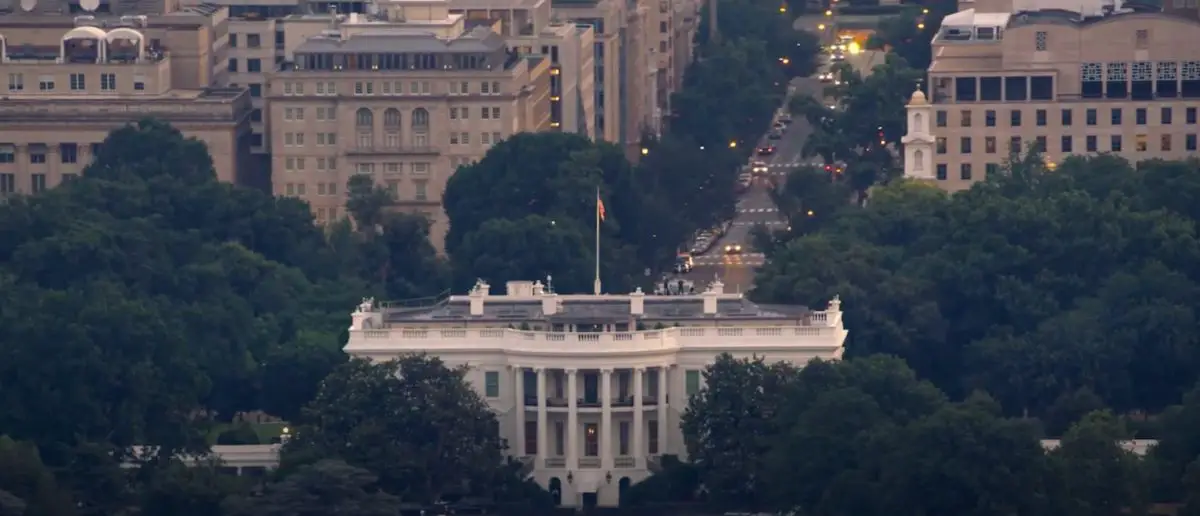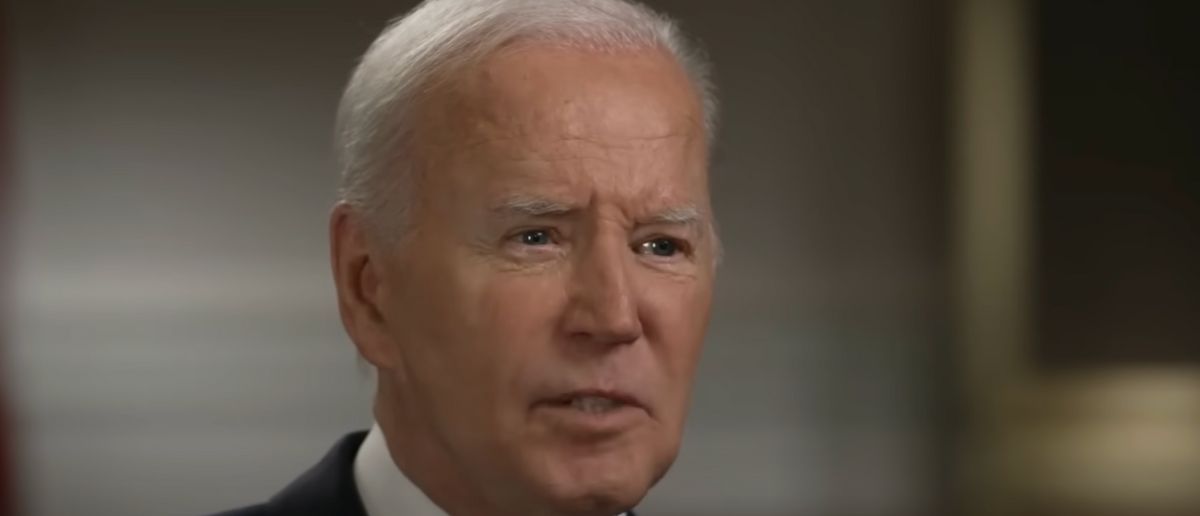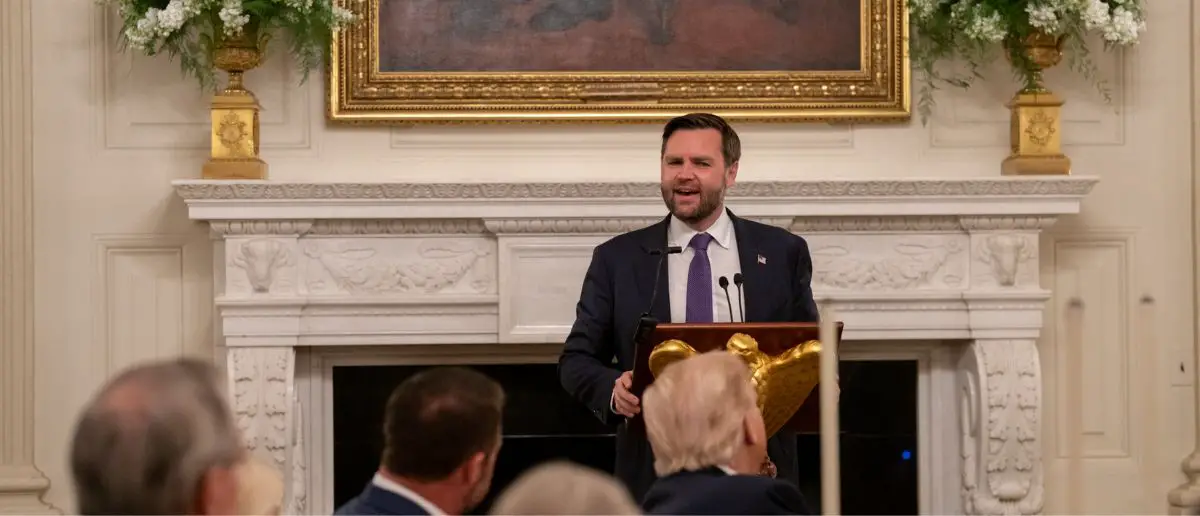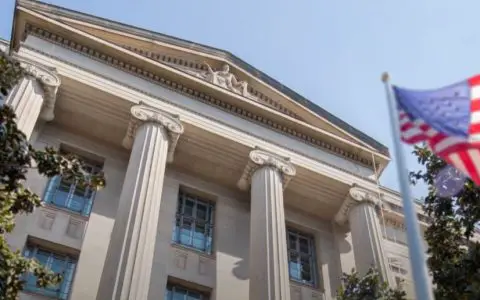
Americans are stunned. The Biden admin has done the unthinkable.
And now the White House is in panic mode because this shocking phone call leaked to the public.
U.S.-Israel Relations Strained After Israeli Assassination of Hezbollah Leader
Tensions between the Biden-Harris administration and the Israeli government have intensified following Israel’s assassination of Hezbollah leader Hassan Nasrallah in late September. According to reports from The Wall Street Journal, U.S. Defense Secretary Lloyd Austin was furious after Israeli forces carried out the airstrike that k*lled Nasrallah on September 28 without informing the United States in advance. This lack of coordination surprised U.S. officials and left Austin deeply frustrated.
Israeli forces conducted a series of airstrikes targeting a compound where Nasrallah was hiding, ultimately destroying the facility and k*lling the Hezbollah chief. However, U.S. officials were only notified of the operation after the fact, which raised concerns about the lack of communication between the two allies.
Austin’s anger was reportedly evident when he spoke with Israeli Defense Minister Yoav Gallant. “Excuse me, what did you say?” Austin reportedly asked Gallant over the phone after learning about Nasrallah’s death. Later, during a second call, Austin inquired whether Israel was prepared to act “alone” in defending itself, signaling the U.S. administration’s frustration over the lack of prior coordination.
Austin’s ire stemmed from the concern that Israel had not given the U.S. enough time to prepare its assets in the Middle East for potential Iranian or terror group counterattacks. The absence of advanced notice was seen as problematic, as it hindered U.S. ability to position its military resources effectively.
Gallant had been scheduled to meet with Austin in Washington on Wednesday for talks, but he postponed the trip without offering a clear explanation. When questioned about the delay, the Pentagon declined to provide further details, directing questions to the Israeli side.
This incident comes amid a broader backdrop of strained U.S.-Israel relations. Since the Hamas invasion of Israel on October 7, 2023, the relationship has faced increasing pressure. The Biden-Harris administration has urged Israel to limit its military operations in response to terror groups in the region, but Israel has continued its aggressive stance, including airstrikes against Hamas, Hezbollah, and Iran. The U.S. has also advocated for a ceasefire in the conflict, but Israel has resisted these calls.
Further complicating the situation, Israel has launched operations against its adversaries without informing the U.S. beforehand, as was the case with Nasrallah’s assassination. This lack of coordination between the two governments has become a point of contention, particularly as U.S. officials sought to gain a clearer understanding of Israel’s plans.
Amid growing tensions, Israeli forces are expected to retaliate against Iran, which recently launched around 180 missiles into Israel. Most of these missiles were intercepted by U.S. and Israeli forces, but the potential for further escalation remains high.
An Israeli official told The Wall Street Journal that certain sensitive matters could not be discussed over the phone, hinting at the reasons behind the lack of prior notification. Meanwhile, the future of U.S. troop safety in the region and the broader conflict between Israel and regional terror networks remains uncertain.
U.S. President Joe Biden recently spoke with Israeli Prime Minister Benjamin Netanyahu on Wednesday, according to the WSJ, as both governments navigate these complex and rapidly evolving dynamics in the Middle East.
🇺🇸 🇮🇱 The White House releases a readout of Biden's call with Israeli President Herzog. | @CrannofonixNews pic.twitter.com/kKRHnJ9UV0
— Faytuks Network (@FaytuksNetwork) October 7, 2024
Continued Foreign Policy Failures By The Biden-Harris Administration
The Biden-Harris administration’s foreign policy has faced significant criticism, contributing to a notable decline in public opinion. Several key events have shaped this perception, raising concerns about the effectiveness and coherence of the administration’s international strategies.
One of the most criticized moments was the chaotic withdrawal from Afghanistan in August 2021. The rapid takeover by the Taliban, following the U.S. troop exit, shocked many Americans and allies alike. Images of desperate Afghans trying to flee Kabul underscored a perceived failure of planning and execution, leading to questions about the administration’s competence.
Additionally, the ongoing challenges posed by Russia’s invasion of Ukraine have further strained public trust. While the administration has taken steps to support Ukraine through military aid and sanctions against Russia, the rising costs of energy and inflation have left many Americans feeling the direct impact of these policies. Critics argue that the administration’s reliance on sanctions has not yielded the desired results, creating a sense of frustration and helplessness among the public.
Moreover, relations with China have also come under scrutiny. Tensions over trade, human rights, and military activities in the South China Sea have escalated, yet many Americans feel that the administration lacks a coherent strategy to address these complex issues effectively.
Stay tuned to the DC Daily Journal.





